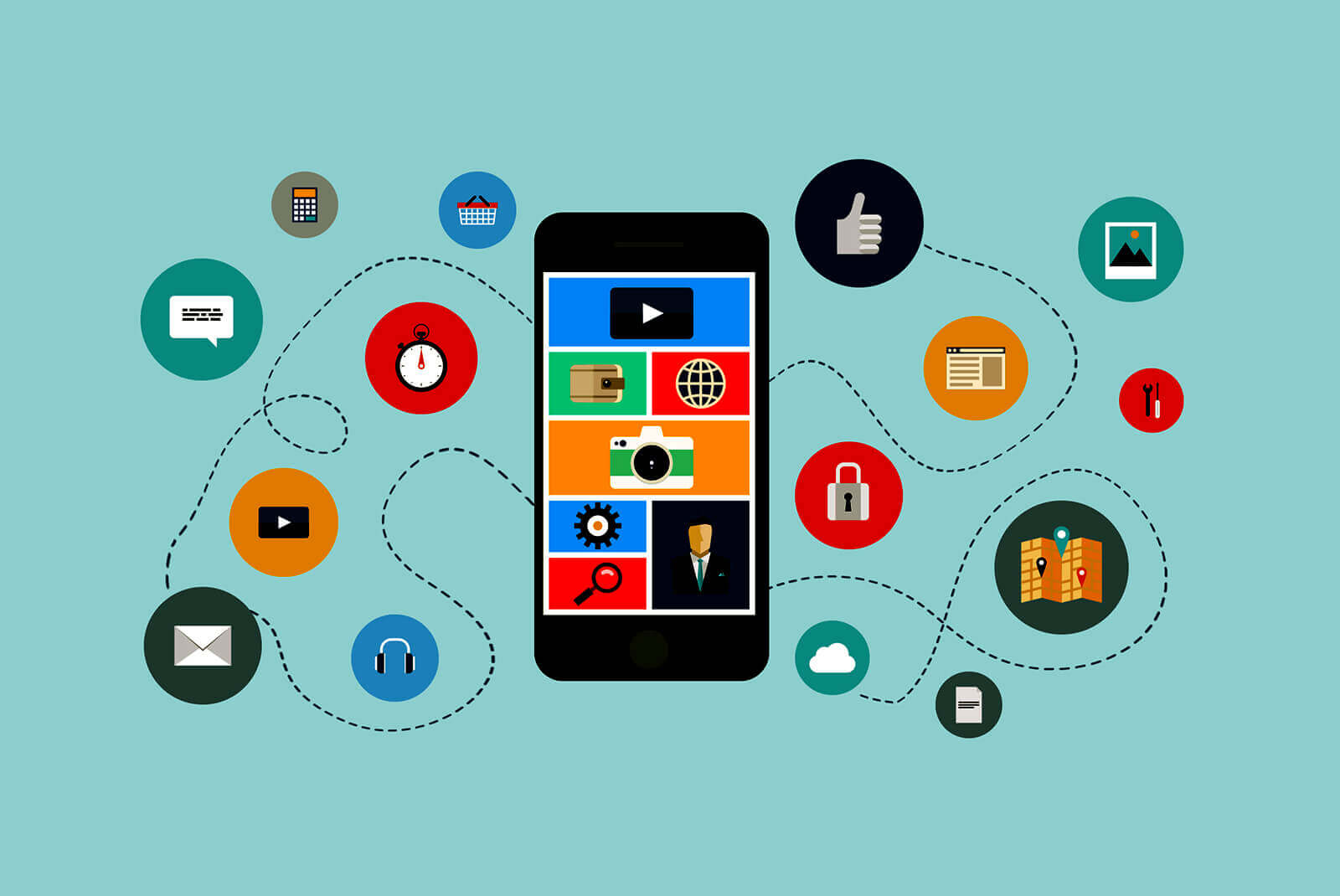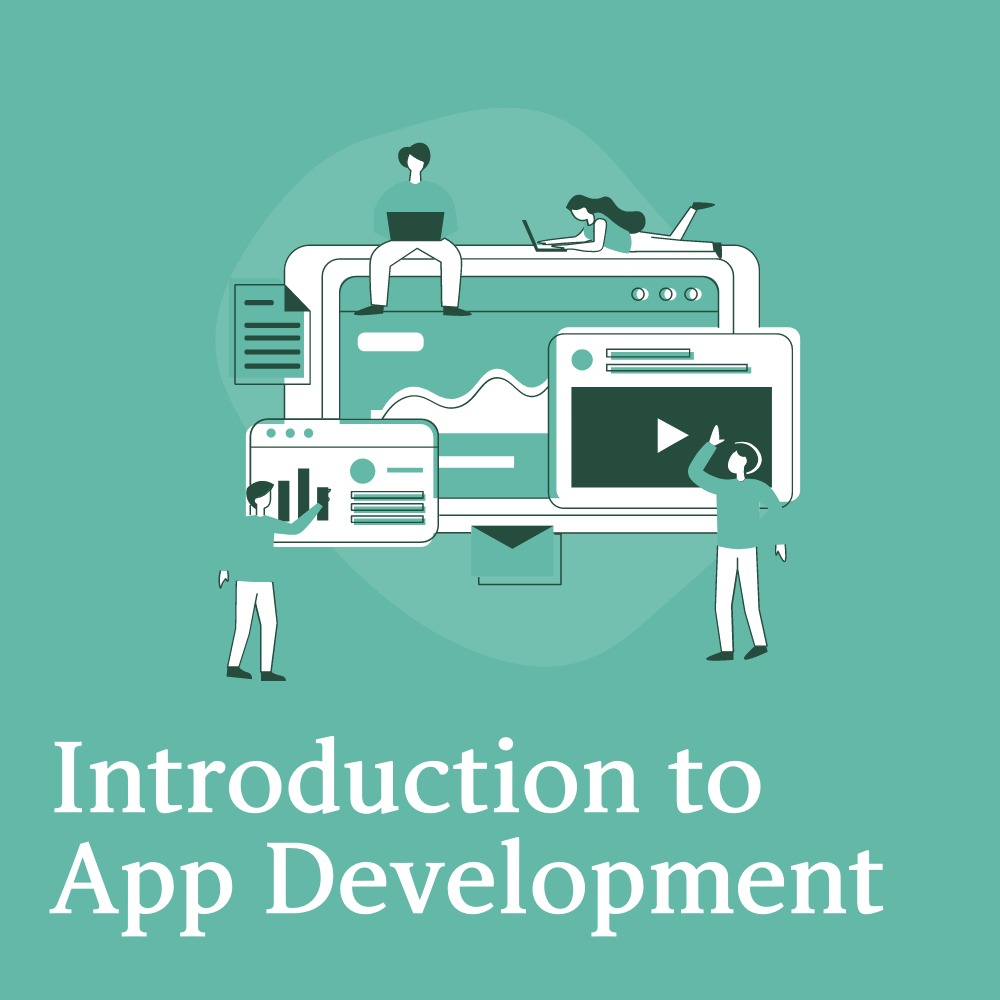An Introduction to App Development
by Arushi Narayan|27 Sept 2020

We come across apps every day. I for one, begin my day by scrolling through Instagram,
tweeting and retweeting posts and deleting all those ‘Good morning’ WhatsApp forwards
from family groups.
In today’s digital world, apps are an integral part of our lives especially since every other
person around us owns a smartphone. Apps provide services quickly, are a source of
entertainment, help you stay connected and make daily tasks much more simple and
convenient.
The market for apps is undoubtedly on the rise with the ever increasing graph of mobile device
users. According to Statista, in 2018, 52.2% of all the website traffic worldwide was generated
through mobile phones and a total of 204 billion mobile apps were downloaded in 2019. If that
still doesn’t convince you here’s why you should learn application development:
• Opportunities for new, innovative apps are always up for grabs. If you have a great
app idea and are not sure about how to implement it or don’t have funds to hire a
freelancer, you can make your own application. Who knows, you could even be the
next Instagram or Snapchat!
• App Developers are highly sought after. According to a survey done by Payscale, an
app developer in India has an average salary of 5 lakhs per annum
• Mobile applications get high revenue from app stores and in-app advertisements with
minimal cost price. Developing apps is a good way to make money if you know what
you’re doing!
• You could always freelance as an app developer and charge clients for building apps
for them.
• You’re one of the many of us, sitting at home with nothing to do during the Pandemic,
so you might as well learn a new skill. Read on! I’ve got your back ;)
So, now that we know that apps are in demand, let’s look at a few implementations to
understand what actually makes them that popular amongst users.
• Mobile apps are fast and effective. Just a few taps and a couple of scrolls can
complete a process that could have taken you hours to do in real life. Service
providing apps such as Grocery ordering apps, E-ticket booking apps, etc. especially
make our daily lives easier.
• Apps can use in-built device features such as GPS tracking, Camera, Microphones,
Pedometers etc. as an added advantage. These apps can show them personalized
content based on their real-time location. For example, cab booking apps and food
delivery apps use GPS to show live tracking.
• Certain apps can also work offline and do not require constant internet access.
Though they require internet connections to perform critical tasks like receive
notifications and updates, they still offer basic content and functionality to users even
in offline mode. Lots of game apps work offline and many entertainment apps can
also be used offline by downloading and storing the content you want to view.
• Apps increase a company’s engagement with its customers. Regular notifications
and instant updates can be used for easy and regular promotion of products and help
expand audience reach while also reducing marketing costs. Features such as oneclick buy and easy sharing of product link online, boost a company’s revenue.
• Apps also provide a personally tailored experience to their users as they can set their
preferences from the beginning, based on which they are served customized content
such as personalised recommendations and filter updates.

Did you like it?



